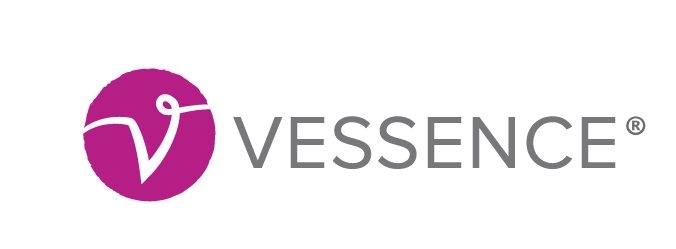Over the weekend I watched the film Experimenter, capturing the Obedience Experiments designed by Stanley Milgram in 1961. In the experiment, there is a "teacher" and a "student." The "teacher" believes he is administering an electric shock every time the "student" responds to a question incorrectly. In truth, the "student" on the other side of a wall does not receive a shock, but responds with increasingly distressed reactions to each fake electric jolt.
Throughout the experiment, the "teacher" expresses concern for the "student," but when told by the director of the experiment to continue, he does. Almost 70% of the "teachers" completed the experiment, believing they administered shocks of increasing magnitude with each wrong answer.
Milgram concluded that humans, when living in an agentic state, will do most anything. In an agentic state, people will allow others to direct their behaviors and will abdicate responsibility to the directing person. In short, they become the other person's agent.
The other side of the agentic state is the autonomousstate. Milgram suggests that we always exist in either the agentic or autonomous state but I wonder if there is a stage in between. It seems to me that many of us exist in a space that's a half-step down from the agentic state.
When I conducted research for the online course I'm developing, I heard over and over again that people feel trapped by their circumstances. They live by others' expectations of themselves and don't feel like they can make choices to liberate themselves. This life that they have now is somehow a result of doing what society, or parents, or spouses or children wanted them to do.
Many of us live in this quasi-agentic state without recognizing it. We say, "It's just the way things have to be." Sometimes we'll add "right now," to the end of the sentence, expressing some hope that things can change.
If you feel this way, think about what that means – to be living in an agentic state – a state where you are the agent for someone else (or an agent of society). If you feel trapped or powerless to make a change, think about what makes you feel that way.
When Milgram's subjects told their friends and family about the experiment, almost all of the non-participants claimed they wouldn't have gone through with it. Of course, it's easy to say we wouldn't discard our own beliefs and act as another's agent from the outside looking in. But when we're in it, we can become so conditioned by what we should do that we forget who we really are and how much power we have in our own lives.
In which state do you find yourself living? Do you feel confined and trapped or do you feel empowered and limitless? If it's the former, consider how you're living your life. Do you often wonder what others will think? Do you abdicate your own power? Do you blame others for your circumstance? If so, I invite you to open to the idea of your own autonomy.
Perhaps simply by reading this blog, the oppression you feel will take on a different form. Maybe you will see those pressures and expectations as false narratives that can be swept away and replaced by the story you want to write. And maybe, just maybe, you'll be like the autonomous few in Milgram's experiments who stood up with fervor to say, "I have a choice!"
Flourishing Workshops are Flourishing!
Last week we kicked off the final RESET program (Flourishing for Veterans) of 2017 with our sponsors at Capitol Post. Although we're working on some serious stuff, like answers to the questions "Who am I? What do I stand for? and How do I want to show up in the world?" we also know how to have some fun. Check out this silly shot of the amazing Cohort Four!
On Thursday we launch our second Flourishing for Entrepreneurs workshop with a full house of impressive women business owners. In this one-day session we'll discuss how to uncover the essence of our brands and how to give it voice in the world through marketing, organizational culture and operational integrity.
If you're interested in future Flourishing workshops, visit our website to learn more.



